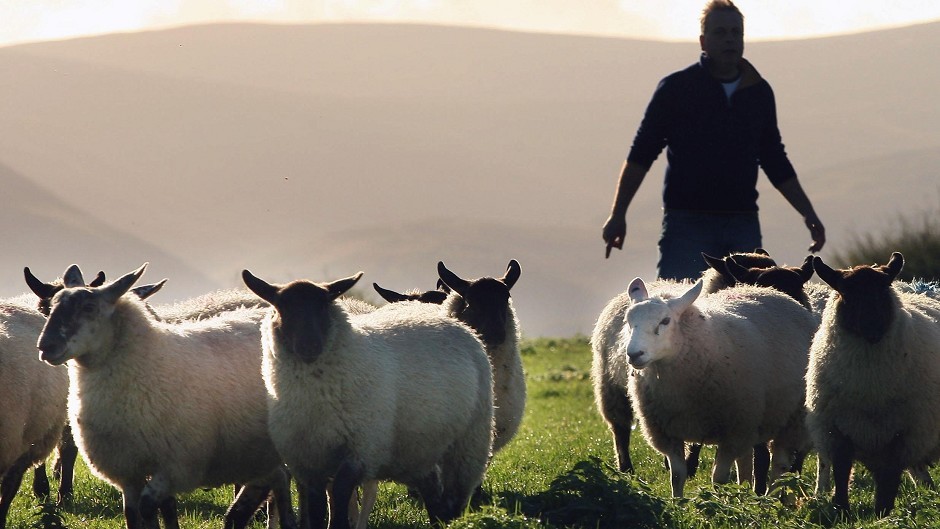Scottish food and drink producers could find themselves without the raw material to produce their wares if they don’t treat farmers better, warns NFU Scotland.
The union has hit out at the way primary producers are treated by retailers and those in the food sector, following news this week that sales of Scottish food and drink reached a record-breaking £14.3billion in 2013.
The union has now called on the Scottish Government to quickly progress with plans to develop its ‘Fairer Framework’ initiative which sets out to change the way retailers and food service providers treat their suppliers.
President Allan Bowie said: “While turnover for Scotland’s food and drink is at a new record high, the reality is that incomes for those at the start of the chain are heading in the complete opposite direction.
“Unless Scottish Government, retailers and other parts of the food chain wake up to the damage that poor prices are currently wreaking on farmers, then the amount of raw material available from our primary production base of family-run farms will be eroded.
“Scottish Government takes great pride in the support that it delivers to the food and drink sector. For farmers, we want to see them back up those words with action that allows our producers to be competitive.”
He called for an end to “gold-plating and the insidious creep or rules” and said they were “slowly but surely strangling farm businesses”.
The union’s warning comes the same week thousands of farmers marched on the European Parliament to protest over the current crisis in the farming sector.
More than 6,000 farmers, including some from Scotland, and 2,000 tractors took to the Belgian capital for a mass demonstration.
The demonstration was organised to coincide with an extraordinary meeting of EU farm ministers, which resulted in the commission announcing plans for a £365million aid package to help struggling farmers.
The package, which included measures to pay a proportion of subsidy payments to producers early, have been described as nowhere near enough to stem the current crisis.
